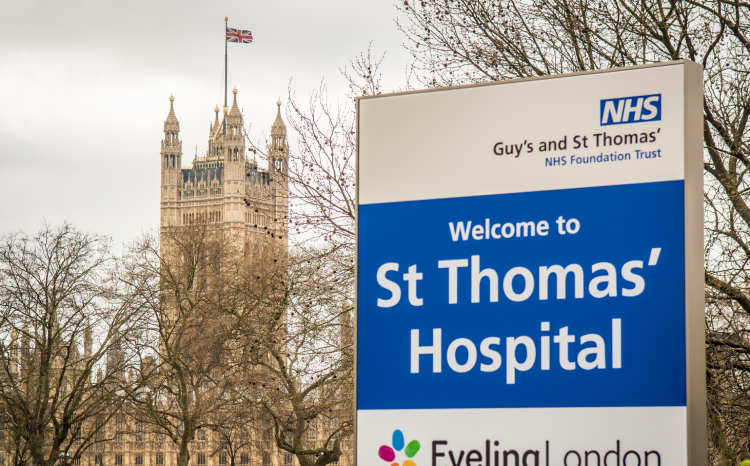Epic goes live at Cambridge
- 28 October 2014

Cambridge University Hospitals NHS Foundation Trust has gone live with its Epic electronic patient record system as part of a £200m IT overhaul.
The go-live marks the first implementation of the American supplier’s EPR in the UK. When Cambridge chose Epic ahead of Allscripts and Cerner, the decision was seen by many as one of the most important NHS IT procurements in recent years.
Dr Keith McNeil, the trust’s chief executive, said the planned go-live date of 25 October was postponed due to “some system issues”, which were resolved in time for a go-live at 2am the next day.
"We look forward to what will be the most exciting endeavour we have ever been involved in,” he added in a statement on the trust website. "We are forging the way for patient safety, not only for Cambridge University Hospitals but for the NHS as a whole."
The trust signed a contract with Epic in April 2013 as part of a joint eHospital programme with Papworth Hospital NHS Foundation Trust over a ten-year period.
Epic won the high-profile procurement in April 2012, with Hewlett Packard winning the hardware and infrastructure part of the tender.
The infrastructure and hardware contract with HP makes up 70% of the £200m cost of the project. More than 1,000 wi-fi network points have been installed to provide staff with mobile access to Epic’s apps on tablet, handheld and other mobile devices.
Cambridge decided to take a “big bang” approach to the implementation of the EPR.
The go-live included a full patient administration system, specialist modules, nursing and clinical observations and documentation, order communications, a specialist theatre system, pathology, radiology and e-prescribing.
In the future, the trust also plans to give patients online access to their medical records.
Dr Afzal Chaudhry, the chief clinical information officer at Cambridge, said: "Our aim was to create a modern system across our two hospitals, Addenbrooke's and the Rosie.
"We couldn't have got to this point without the hard work and commitment of our dedicated staff. But this doesn't mean the trust is going 'paperless' immediately. It will take a year to transfer our medical records over.
"The most important priority is that we continue to deliver high quality care for our patients."
Papworth did not sign the contact with Epic at the same time as Cambridge, because of uncertainty about its move to a new centre of medical excellence in Cambridge. It is now due to proceed with its Epic implementation plans next year.
Training for the 7,000 staff involved in the go-live at Addenbrooke’s Hospital began in the last week of August; although a number of clinical experts had gone through Epic’s intensive training earlier.
Despite this, the Cambridge News said last week that it had received a letter from a trust consultant reporting a “sense of doom” ahead of the implementation.
“It is meant to improve efficiency and reduce error but the complexity of this incredibly ambitious project means more likely there will be problems in the short term at least. There is a sense of doom,” the consultant told the paper.
Comments on the paper’s report of the go-live, however, suggest that staff are coping. One user commented that “initially there were some problems navigating through screens” in A&E, but “there were a number of support staff to help” and “the first day should be viewed as a success.”
Carrie Armitage, the director of Cambridge’s eHospital programme, and Dr Afzal Chaudhry, chief clinical information officer of Cambridge University Hospitals NHS Foundation Trust, will be speaking about the Epic go-live at the Health CIO Network’s Annual Conference on 5 November.
The conference takes place alongside EHI Live 2014, which is at the NEC in Birmingham from 4-5 November. Full details on the show website. Registration is free and open now.





